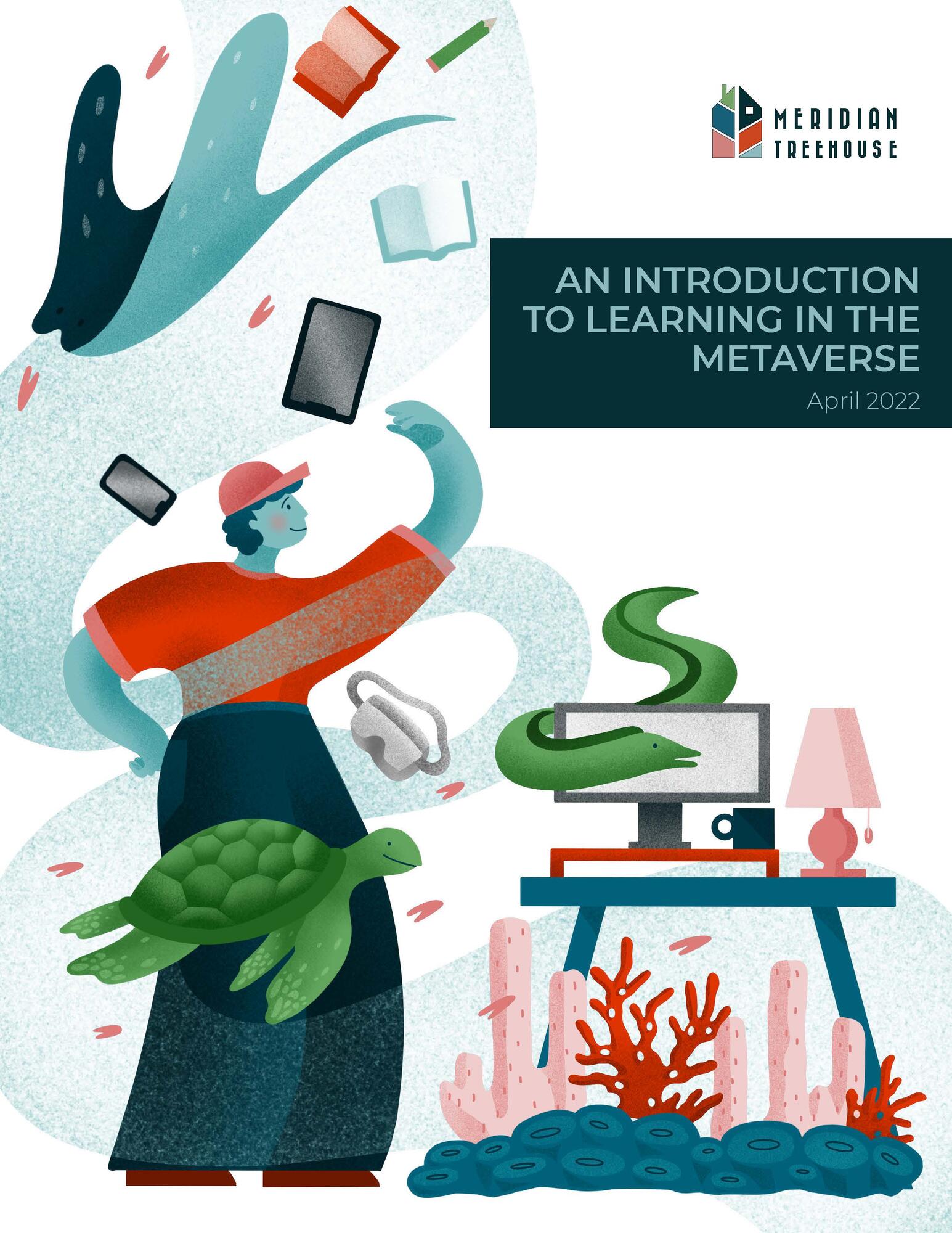In May 2023, I completed my PhD in Education at Harvard, where I also served as a researcher, instructor, and teaching fellow. In the Fall of 2023 I will join Northeastern University as an Assistant Professor in the College of Art, Media, and Design, with a primary appointment in the department of Art + Design and a secondary appointment in Communication Studies. I will also maintain a courtesy appointment at the Harvard Graduate School of Education as a Visiting Scholar in the Next Level Lab. Please note that this website may no longer be updated after the summer of 2023.
My research interests include how people learn in immersive technology-enabled environments like virtual reality (VR). In particular, I am interested in questions around how educational experiences may change how young people see themselves, and their motivation to learn, through the authentic "hands-on" tasks and environments the technology affords, and how such experiences may affect learners with diverse identities and cultural backgrounds.




